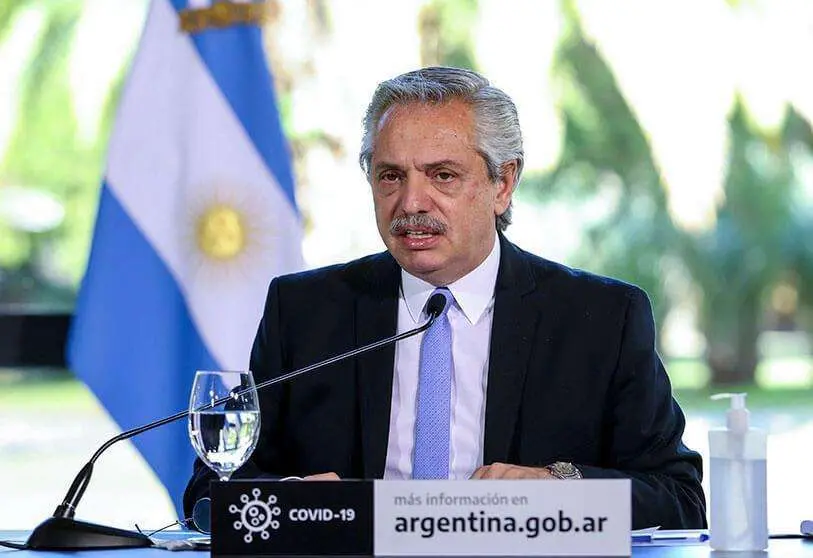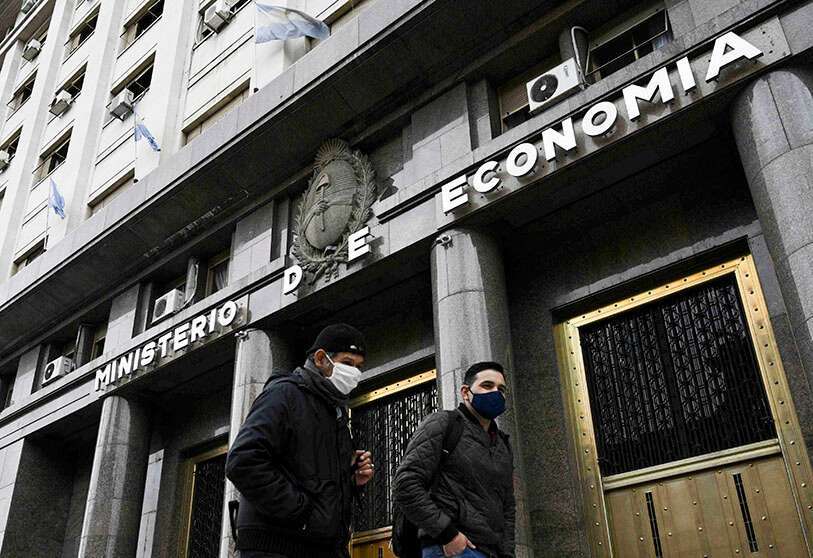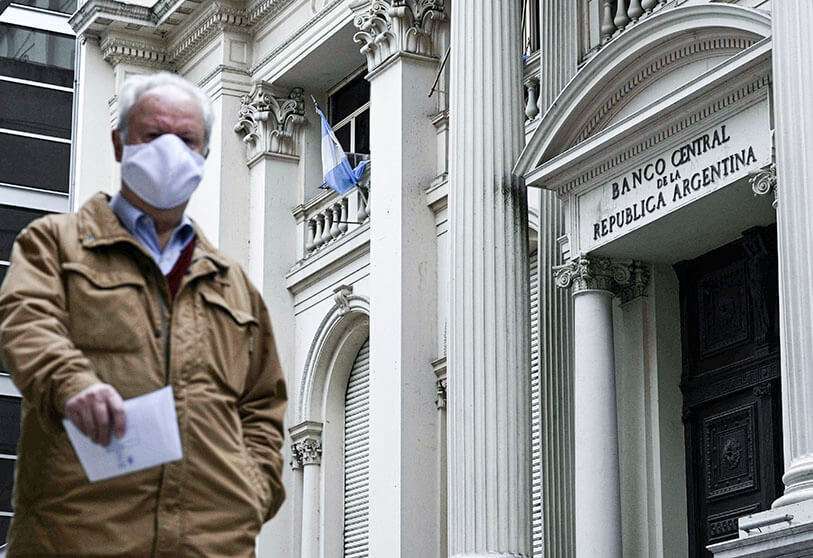International pressure mounts on Argentina in the absence of agreements with the IMF to refinance its debt

The proposal on the debt that the IMF granted Argentina in 2018 remains a pending item on the agenda of Alberto Fernández's government. At the beginning of 2020, the Argentine president equated the international debt negotiation as a "poker game", in the face of pressure from private creditors.
"It is not true that we don't have a plan. It is true that we don't tell it and we don't tell it because we are in the middle of negotiations. And to tell it would be to reveal the cards. We are playing poker and not with kids," he said in 2020 during a conference at Sciences Po in Paris.
After years of talks, uncertainty continues to grow due to the lack of agreement with the IMF on the renegotiation of the more than 40 billion dollars, framed in a context of the country's financial difficulties and the lack of international confidence.

In compliance with the agreements, Argentina must pay 2.9 billion dollars in March, an amount that the country's economy cannot afford, so a new postponement must be agreed with the IMF and the Paris Club creditors.
Martin Guzmán, Argentina's economy minister, affirmed the existence of a practically closed agreement with the IMF, while awaiting confirmation of "the speed" of the pending payments, although "there is still some way to go", he said.
The IMF publicly acknowledged that the Argentinean loan, the largest in the institution's history, has not met its objective of restoring confidence in the domestic market and has delayed the established repayment schedule, forcing the Argentinean government to request an extension programme that would grant a period of at least four years free of payments before starting to repay the debt, for which the IMF requires a structured and solid plan that specifies how to reduce the fiscal deficit and the high levels of inflation.

The complex situation has been evident in the world markets, bonds have fallen and the Argentine peso continues to depreciate against the dollar, while pessimism is spreading among Argentine society, which does not see an early economic solution.
This week the US authorities claimed the need for a stable economic plan to justify the proposal made to the IMF. Brian Nichols, undersecretary of state for the Americas, wanted to show his support for Argentina "We want to see a strong, prosperous, successful Argentina and we hope that Argentina will reach an agreement with the IMF and we hope to support that process", he said in a teleconference.
During the meeting with Argentine Foreign Minister Santiago Cafiero, US Secretary of State Antony Blinken "encouraged Argentina to present a sound economic policy framework that will return the country to growth," the State Department said in a statement on Tuesday.

Crisis in Argentina
The country's economic situation has been affected by the COVID-19 pandemic that continues to plague the country, coupled with shortages and growing distrust due to the lack of agreements on the nation's debt. Argentina's risk rate has risen above 1,900 points and dollar bonds have fallen in value with rates of return of around 25% per annum, and the peso devalued to 213 pesos to the dollar.
Despite the negotiation process, the government of Alberto Fernández assured that it will continue with the established debt payments until an agreement is reached to refinance the more than 40 billion dollars of debt with the IMF.
"At the moment, we are conducting negotiations and we don't know at what point the agreement with the IMF will move forward. We all know that Argentina has decided to pay as long as the agreement is reached," presidential spokesperson Gabriela Cerruti confirmed at a press conference.
Latin America Coordinator: José Antonio Sierra.








